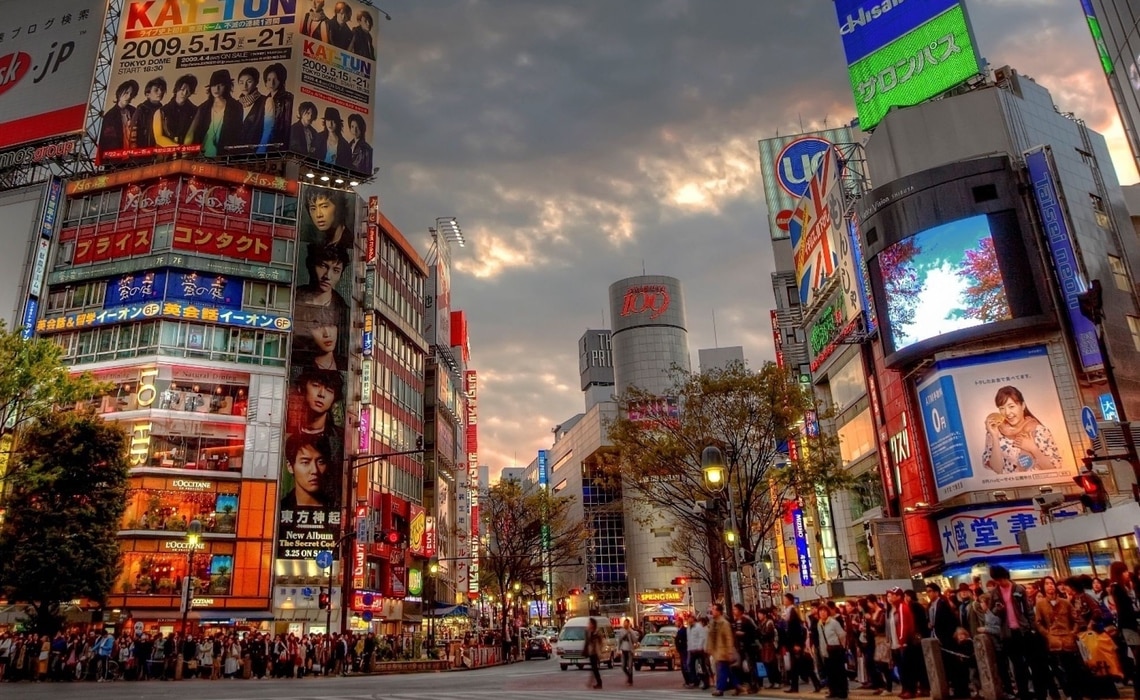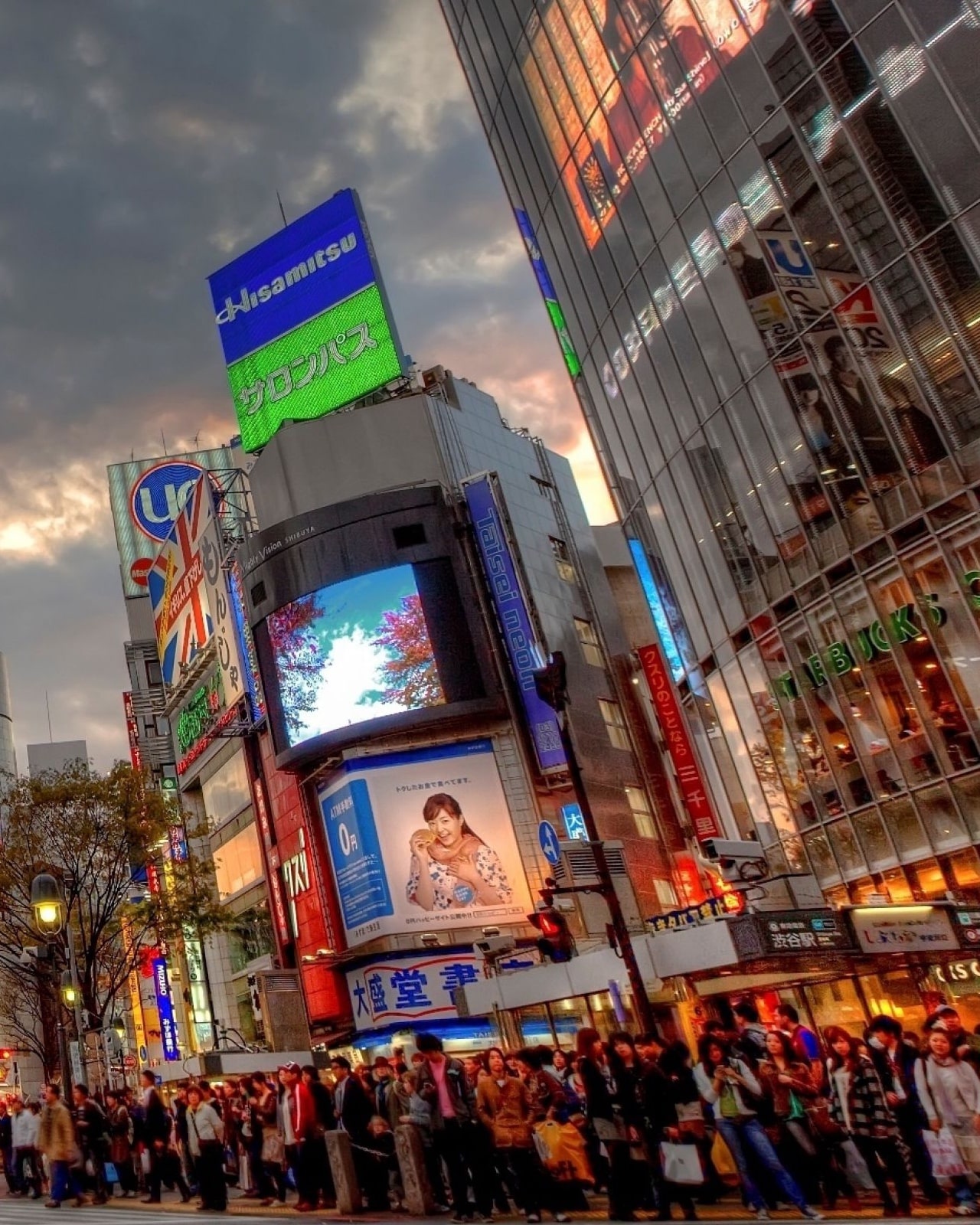The AESE Executive MBA organises international weeks in Lisbon, New York and Tokyo that deliver frontline insights into global business ecosystems and fresh perspectives on global and transcultural management.
The International week in Tokyo, from the 19th till the 23rd of february 2024, will take place in the Meiji Business School campus in central Tokyo, located just next to Otemachi, the city’s business and commercial district, just steps from the Imperial Palace. The MBS executive MBA is renowned for its focus on family business, start-ups, real estate and general management.
Academic Week Topics
Japanese Contemporary Culture, Prof. Morikawa
Meiji University’s School of Global Japanese Studies promotes research and education which focuses on Japan from multiple global perspectives. Japanese cityscapes are one aspect in which people from overseas take interest when they visit Japan.
I am assigned to lecture not only on Japanese pop culture but also on modern Japanese cities. During the lecture, we deal with how our cityscapes are formed, including components like street advertisements and people’s fashion. Many of our institutions and cultural styles, including governmental systems, universities, companies, as well as architectural design, art and fashion, were originally developed within European history rather than pre-modern Japan. Most of what constitutes our daily lives was transplanted from the West in the past century. Therefore, when we try to focus on whatever is “unique to Japan” in terms of industry, culture, tourism and other areas, we tend to emphasize that which is extremely exotic rather than what is mainstream. Similar circumstances are also found in other Asian countries. We conduct in-depth studies of such cultural structures embodied in our cityscapes.
Japanese Business, Prof. Numata
In recent years, “regional business strategy” in the emerging economies of Asia has attracted public attention in business circles. This term may not be familiar to many Japanese, but today, when the effects of globalization are felt even in our daily life, it cannot be said that the rise of emerging economies of Asia has nothing to do with those who live in Japan.
Cross-border management is called international management, in contrast to the type of management under which all corporate activities are confined to a single country. A look at the international management activities of Japanese businesses related to the establishment of overseas subsidiaries shows that after the Plaza Accord in 1985, they started to develop business overseas in earnest, shifting the focus of strategy significantly from export to overseas production.
By region, the overseas subsidiaries of Japanese businesses are concentrated in the three regions of Asia, North America, and Europe, but most of them are located in Asia.
Initially, business development by Japanese-affiliated manufacturers was intended to gain a cost advantage by exploiting a wage gap and utilizing cheap local resources. In other words, emerging Asia was regarded as bases for low-cost manufacturing.
In such situation, the key to successful management for Japanese manufactures in emerging Asia was to properly “transplant” Japanese management systems to the region.
It may be easy to understand this if, for example, you conjure up the manufacturing methods Japanese manufacturers have developed over the years, including continuous improvement through 5S activities, compilation of manuals and standardization, QC circle activities, and OJT. In short, the Japanese had the “right” answers.
Around 2000, however, the economic growth in most advanced countries started to slow down (since 1990s for Japanese case), and market expansion was no longer expected in Japan and other advanced countries.
Family Business, Prof. Hsu
Looking around the world, it is family businesses that support the foundations of the economy and society. Companies owned and operated by families are said to account for roughly 70% of all the companies in the world.
Innovation Management in Japan, Prof. Nisato
In recent years, innovation created by multinational corporations has increasingly brought about changes and affluence in our lives. There is a view that the success of these companies was attributed to the practice of “ambidexterity in managing the business.” So, in order for Japanese companies to grow and survive, is it all right to adopt the idea as a panacea?
Program
With the presence of His Excellency, the Portuguese Ambassador in Japan and a Masterclass of Councilor Aoyagi.
The Executive MBA program in Japan also includes a cruise dinner at the Sumida River.
Visits
Included in the academic programme are visits to:
Mori Building Co., Ltd., Business Incubator
ARCH is the world’s first incubation center designed specifically for organizations whose mission is to reform and create new businesses for large corporations.
Focusing on the possibilities and challenges unique to large companies with abundant resources and networks, we support the creation of businesses in terms of both hardware and software.
Mori Building, which aims to form a global business center in the Toranomon Hills area, carries out the planning and operation, and WiL based in the US Silicon Valley participates with the knowledge of venture capital.
We provide original services/contents that support business creation, making full use of our extensive domestic and overseas networks and our business creation know-how. In addition, specialists in new business support exclusively for facilities will support communication among members and business creation.
ARCH will serve as a bridge for various players in various industrial fields to cross, aiming to realize a model of innovation creation unique to Japan.
Pray for prosperity, good luck and marriage at the Kanda Myojin Shrine, where three major gods, or kami, are enshrined. They include two of the seven Gods of Fortune: Daikokuten, who presides over bountiful harvests and matrimony; and Ebisu, the god of fisheries and business. The third is the Taira no Masakado, a rebel against the Hei’an government (794–1185) whom later earned revered status. The shrine is the head of 108 Tokyo districts including Akihabara and Tsukiji.
Keio Corporation
Keio Corporation is a private railway operator in Tokyo, Japan, and the central firm of the Keio Group that is involved in transport, retail, real estate and other industries. The name “Keio” is derived from taking one character each from the places through which the railway runs: “Tōkyō” and “Hachiōji”.
Tokyo Electron
A leading global company in semiconductor production equipment
Since semiconductors are the shaper of our future, the global semiconductor industry is growing ever more vigorously. Semiconductors are fundamental to all digital technology applications including personal computers (PCs), smartphones, automobiles, and datacenters.
By anticipating the future and making strategic investment decisions, TEL creates production technologies that have never existed before, driving innovation of equipment for producing semiconductors.
About the Graduate School of Global Business, Meiji University
Meiji Business School has a mission to produce the following graduates who can reenergize Japanese society and business. Imbued with a global outlook, centered on the Asian region, and an ethical approach to Corporate Social Responsibility, these graduates will be equipped with leadership skills and management expertise in general and specialized business areas.
- Owners, successors, and supporters for the growth of family businesses
- Those who take on start-up businesses and innovation including venture businesses and company renaissance
- General managers responsible for overall management of organizations as business managers, senior executives
To achieve this mission, we research family business, start-up business and business administration and provide a location where individual creative value can be cultivated as well as put into practice by providing opportunities for students and faculty to create together and where students can voluntarily learn practices and theories, develop skills to change careers, and find opportunities to implement business-to-business services.
Address
1-1 Kanda Surugadai Chiyodaku Tokyo 1018301
Price
Price:
- 22th Executive MBA Participants: Academic Program + Hotel: 2.500 (VAT) = 3.073€
- 23rd Executive MBA Participants: Academic Program: 1.900 (+VAT) = 2.237€
- Other: Academic Program: 1.900 (+VAT) = 2.237€
A registration fee of €250 is required to enroll in the optional Executive MBA AESE International Week in Tokyo
Exclusive for Executive MBA AESE participants and Executive MBA Alumni.
For those who opt for the price bundle Academic Program + Hotel, the Hotel is Keio Presso INN Kanda at 2-8, Kandatacho, Chiyoda-ku, Tokyo 104-0045
Contacts
Luís Dias
luis.dias@aese.pt
(+351) 217 221 530




